Keeping a deer as a pet is an intriguing idea for many animal lovers, but it comes with legal, ethical, and practical considerations. While some states and countries allow ownership of certain deer species, others prohibit it outright. This article explores everything you need to know about pet deer, including laws, costs, species, and care requirements.
Is a Deer a Good Pet?
Deer are wild animals with natural instincts that make them difficult to domesticate. While they can be tamed to an extent, they remain unpredictable and require specialized care. Unlike dogs or cats, deer are not naturally suited for life as a pet and may pose challenges such as:
- High space requirements
- Specialized diet
- Seasonal aggression (especially males during rutting season)
- Legal restrictions in many places
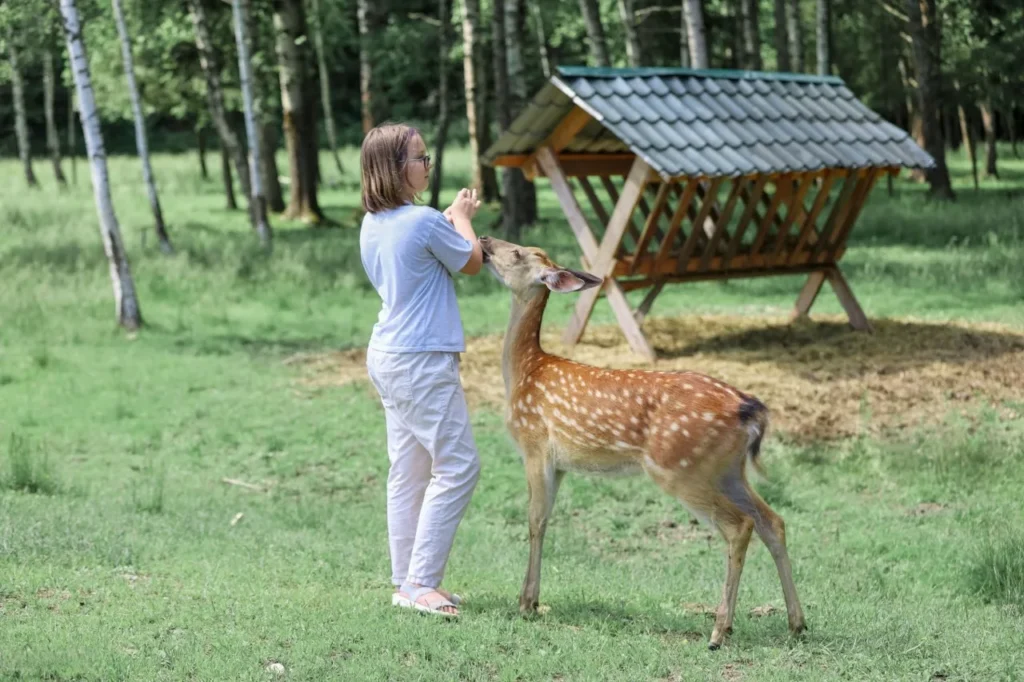
Pet Deer: Legal Considerations
One of the most important things to consider before owning a deer pet is legality.
What States Can You Have a Deer as a Pet?
Laws vary from state to state in the U.S. According to World Population Review:
- States where deer ownership is allowed without a permit: Colorado, New Hampshire, Vermont, Alabama, and Arkansas (if captured before July 1, 2012).
- States where deer can be kept with a permit: Missouri, Michigan, Minnesota, Wisconsin (only white-tailed deer), Idaho, Florida, Kansas, Mississippi, New Jersey, North Dakota, and Oregon.
- States where pet deer ownership is illegal: Most other states.
Can You Have a Deer as a Pet in Canada?
In Canada, keeping a deer as a pet is largely restricted. While deer farming is allowed under regulations, keeping one as a household pet is generally prohibited.
Can You Own a Deer as a Pet in the UK?
In the UK, owning a pet deer is possible but highly regulated. You need a license under the Dangerous Wild Animals Act if you wish to keep certain species.
Pet Deer Species
Certain species of deer are more commonly kept as pets than others.
Muntjac Deer as a Pet
The muntjac deer is one of the few species that adapt well to captivity. These small deer (native to Asia) are often sought after as exotic pets. Muntjac deer pet ownership is legal in some places, but they require a lot of care.
Other Pet Deer Species
- White-tailed deer (common in the U.S., but often illegal to keep as pets)
- Fallow deer (sometimes farmed but rarely kept as pets)
- Reindeer (allowed in some states like Alaska for indigenous cultural practices)
Buying a Pet Deer
Deer as a Pet Price
The price of a pet deer varies widely based on species, availability, and legal restrictions.
- Muntjac deer: $500 – $1,500
- Fallow deer: $1,000 – $3,000
- White-tailed deer: Illegal in many areas, but farmed deer can cost $500 – $2,500
Pet Deer for Sale: Where to Buy?
If owning a deer is legal in your area, you can find pet deer for sale from:
- Licensed exotic animal breeders
- Deer farms
- Wildlife rehabilitation centers (only if permitted by law)
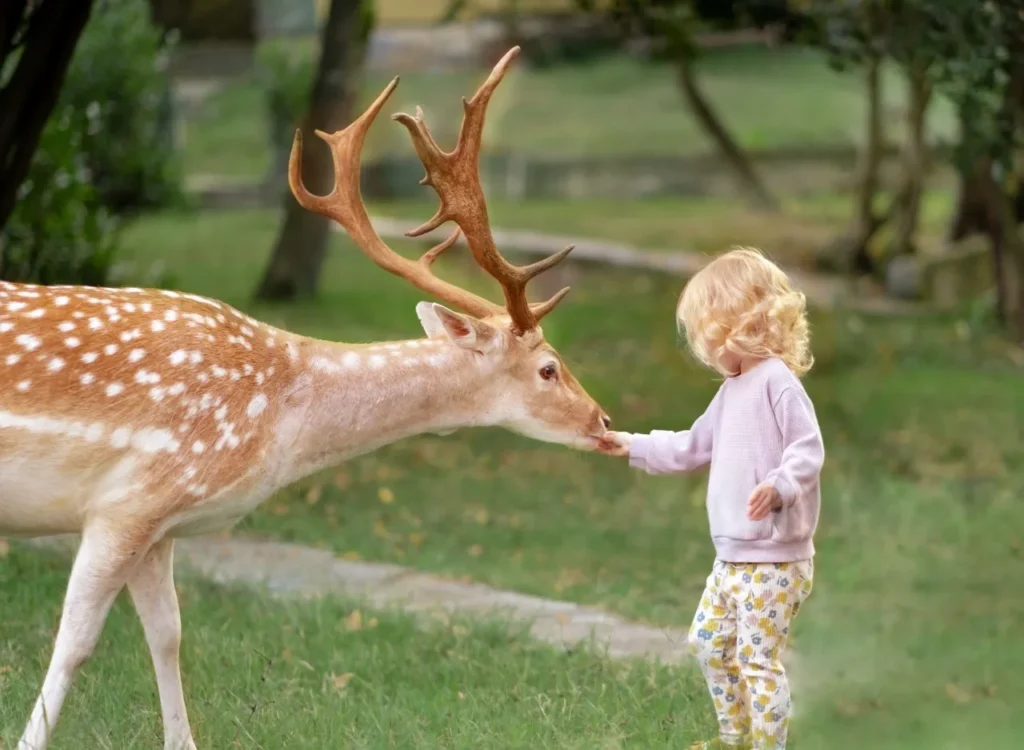
Caring for a Baby Deer as a Pet
Caring for a pet deer is a complex responsibility that requires significant commitment, space, and resources. Unlike traditional pets like cats or dogs, deer have unique dietary, environmental, and social needs that must be met to ensure their health and well-being.
1. Habitat Requirements
Deer require large, secure outdoor spaces to roam freely. A backyard or enclosed area is not enough—deer thrive in environments that mimic their natural habitat. If keeping a deer as a pet, consider the following:
- Fencing: A minimum of 8-foot-high fencing is necessary to prevent escape, as deer are excellent jumpers. Electric fencing may also be needed for extra security.
- Shelter: Deer need protection from harsh weather. A three-sided shelter with hay bedding will help keep them warm in winter and shaded in summer.
- Natural Vegetation: They should have access to trees, shrubs, and grassy areas to browse naturally.
2. Diet and Nutrition
Feeding a pet deer properly is crucial for its health. Deer are herbivores with a diet that varies by species and season. Key aspects of their nutrition include:
- Forage-Based Diet: Fresh grass, twigs, leaves, and natural browse should make up most of their diet.
- Supplemental Feeding: High-quality deer pellets, fresh vegetables, and occasional fruit (apples, carrots, and grapes) can be given, but in moderation.
- Avoid Human Food: Processed food, grains, and high-sugar fruits can disrupt their digestive system.
- Fresh Water: Clean drinking water must be available at all times.
3. Social and Behavioral Needs
Deer are social animals and require interaction to stay mentally and emotionally healthy.
- Companionship: It is not recommended to keep a single deer, as they are herd animals. Ideally, they should be kept with other deer.
- Taming & Handling: While some deer can be partially tamed, they retain their wild instincts. Hand-raised deer may seem friendly but can become aggressive during the rut (mating season).
- Mental Stimulation: Providing logs, natural obstacles, and safe chew toys can help keep them engaged.
4. Health and Veterinary Care
Veterinary care for deer is more specialized than for traditional pets. Important aspects include:
- Vaccinations & Parasite Control: Deer are prone to diseases like chronic wasting disease (CWD), which can be fatal. Regular deworming and vaccinations are essential.
- Hoof & Antler Care: Deer hooves need proper ground surfaces to wear down naturally. Males with antlers may require trimming in captivity.
- Emergency Care: Finding a vet experienced with deer can be challenging. Owners should locate a wildlife or exotic animal vet before acquiring a deer.
5. Legal and Ethical Considerations
Before caring for a deer as a pet, research local laws, as many places prohibit or regulate deer ownership. Some states require permits, while others ban private ownership outright. Additionally, keeping a deer as a pet should only be done with their best welfare in mind, rather than for novelty purposes.
Final Thoughts
Owning a pet deer is not for everyone. They require space, proper care, specialized vet services, and a deep understanding of their needs. If you are considering keeping a deer as a pet, ensure you have the legal permissions, resources, and time to provide them with a healthy and ethical life.
Taming and Socialization
Many people wonder, “Are deer easily tamed?” While young deer (especially those hand-raised) can become accustomed to humans, they retain wild instincts and may never fully behave like traditional pets.
If you’re fascinated by wild animals as pets, you might also enjoy reading about Can You Have a Bear as a Pet?.”
How Long Do Deer Live?
The lifespan of deer varies by species and captivity conditions:
- Wild deer: 6-14 years
- Captive deer: 10-20 years (if well cared for)
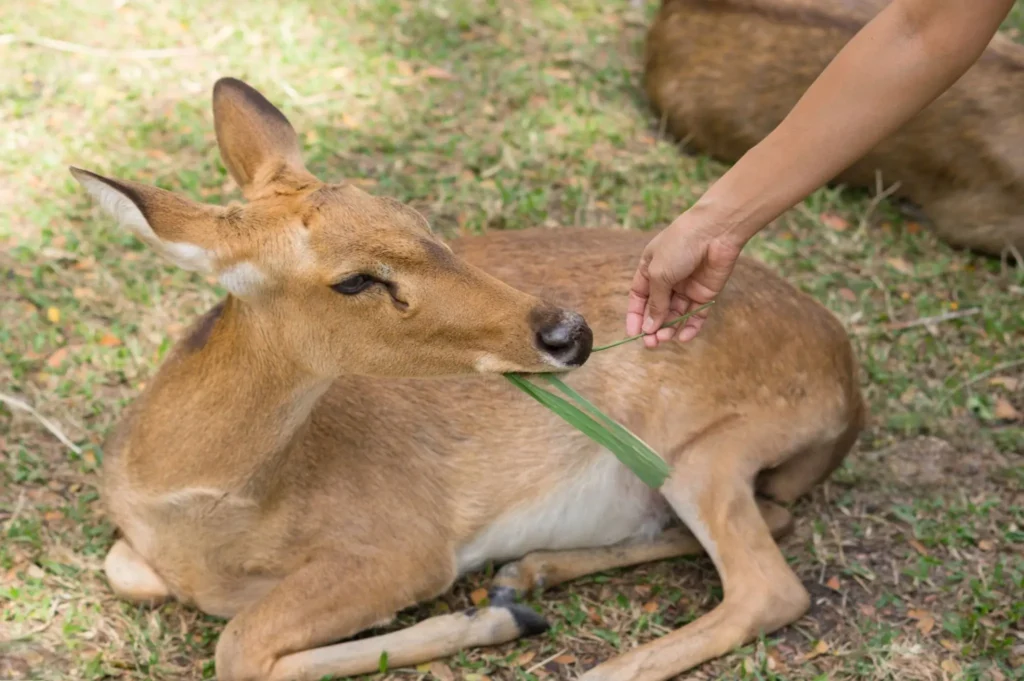
Deer as a Pet on Reddit: What Are People Saying?
Online discussions about pet deer reveal mixed opinions. On Reddit, users share stories about befriending wild deer, the legality of deer ownership, and ethical concerns. The general consensus is that while deer can form bonds with humans, they are not suited for life as a conventional pet.
Conclusion: Should You Get a Pet Deer?
Owning a deer as a pet is a complex and challenging commitment that requires legal research, extensive resources, and specialized care. While some species, like the muntjac deer, adapt better than others, most deer remain wild at heart. If you truly love deer, consider supporting wildlife conservation efforts or visiting deer sanctuaries instead of trying to tame one yourself.
If you’re interested in learning more about owning deer as pets, always check local wildlife regulations before making any decisions!
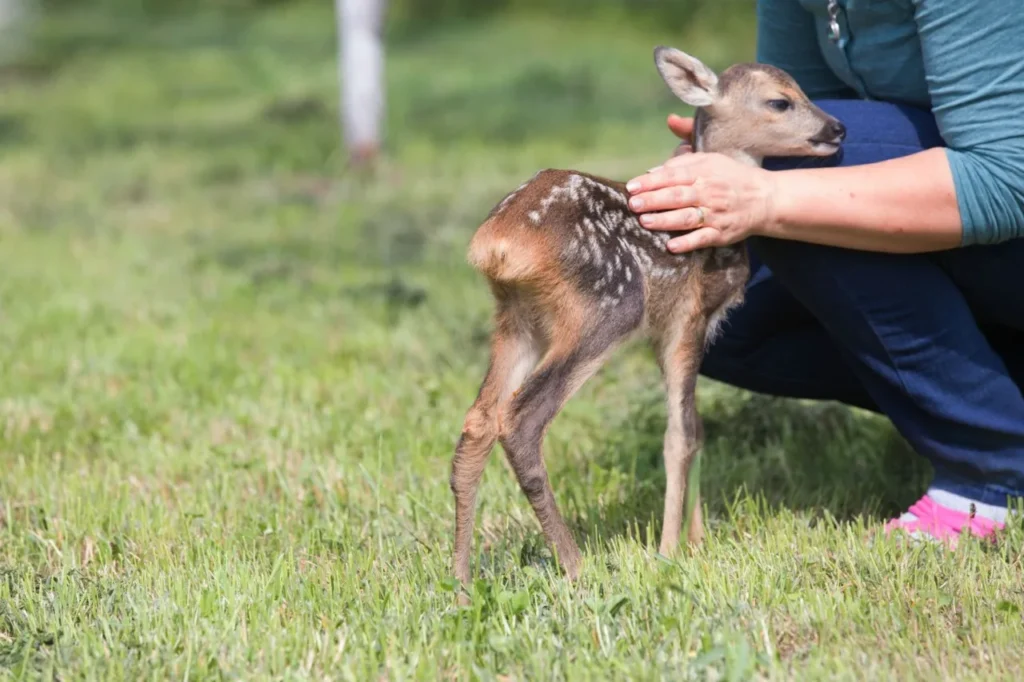
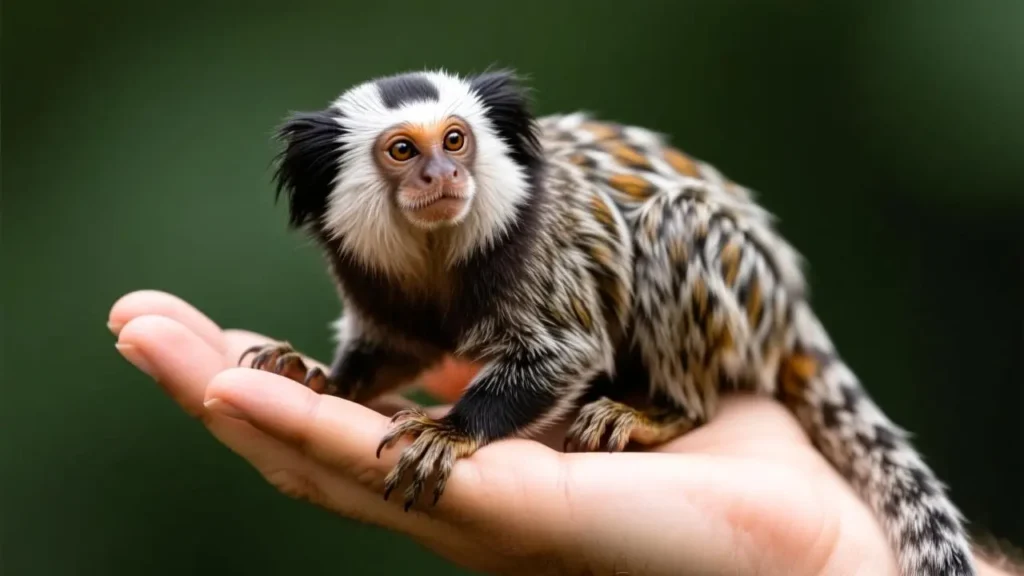
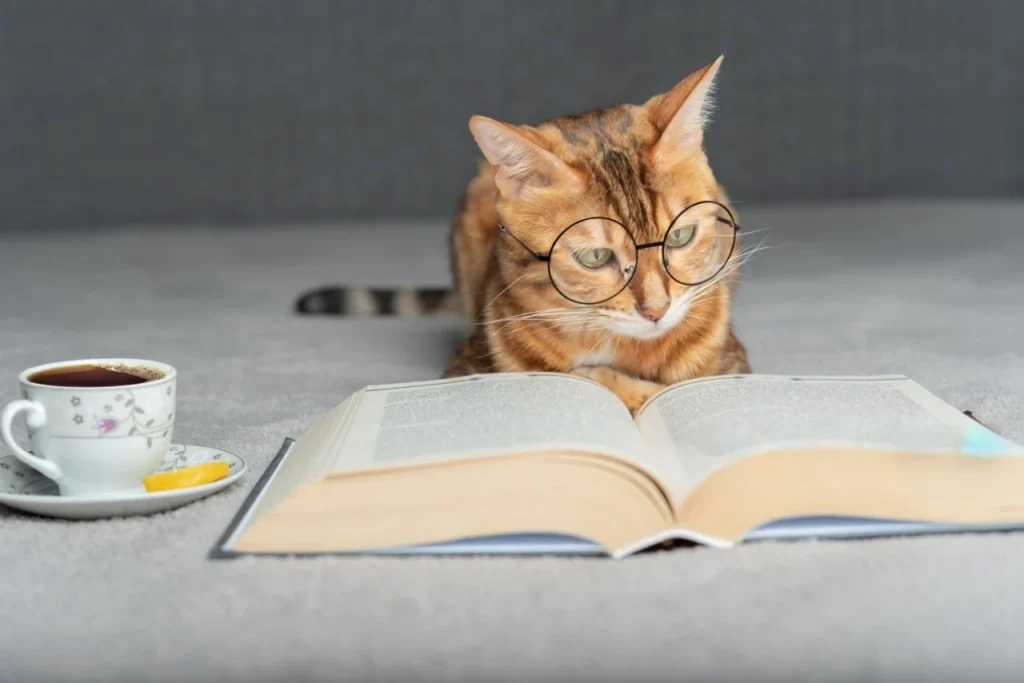
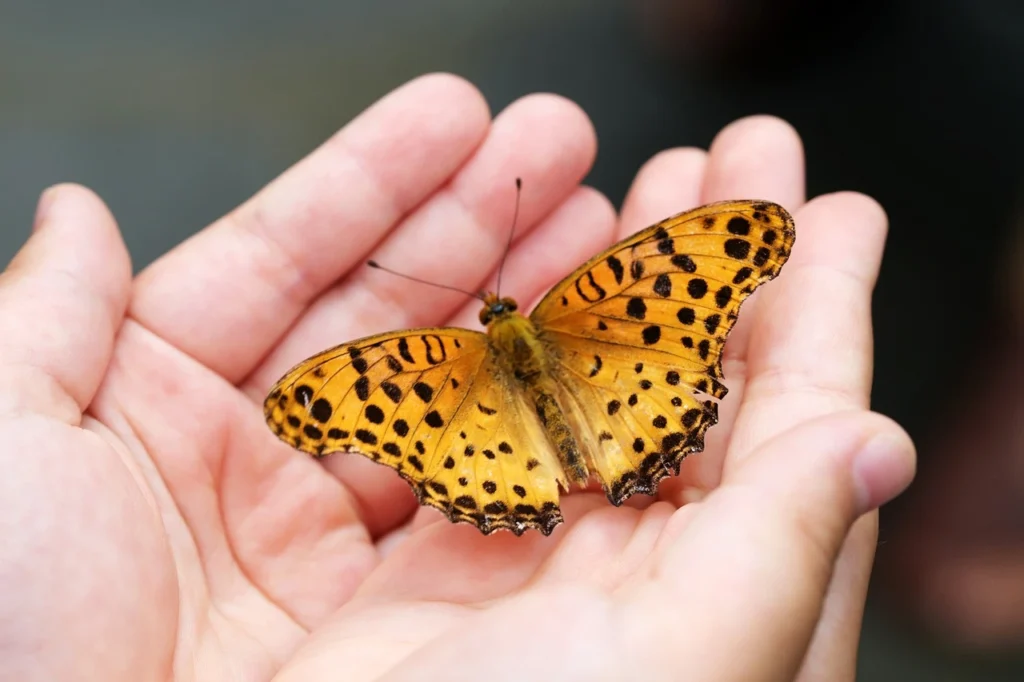
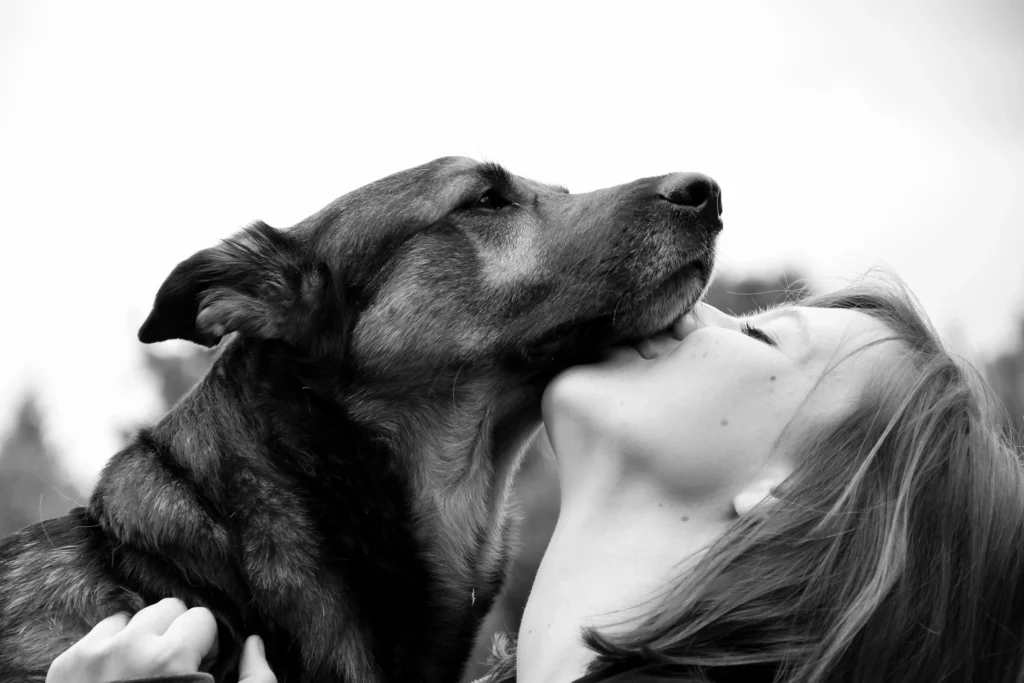
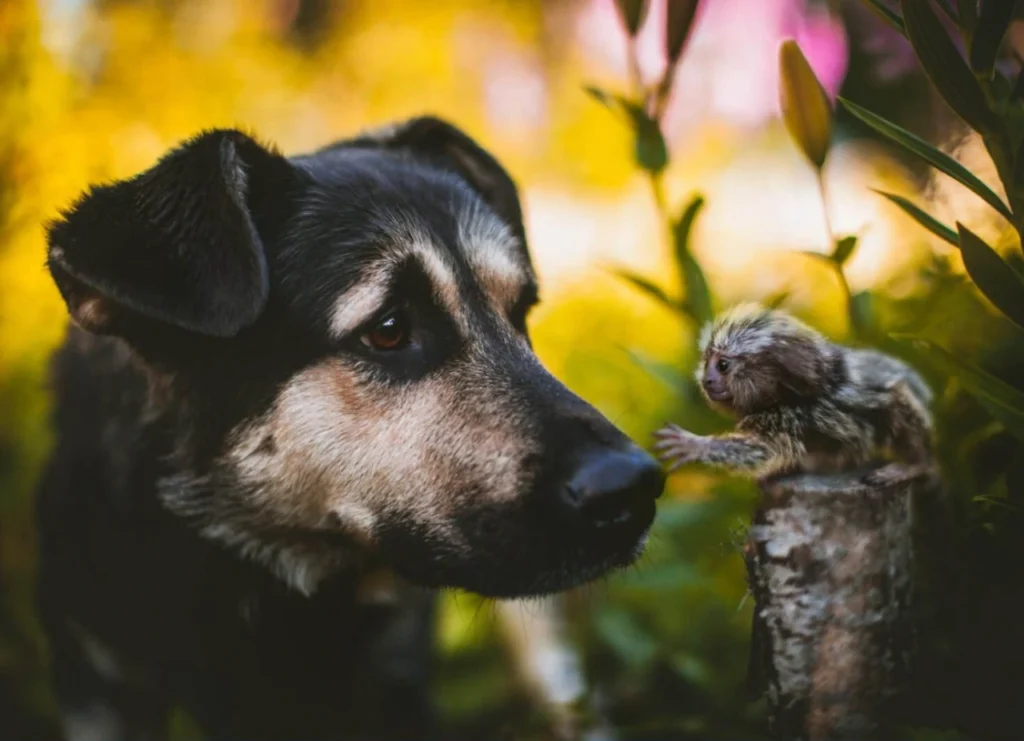
WOW just what I was searching for. Came here by searching for deer as a pet